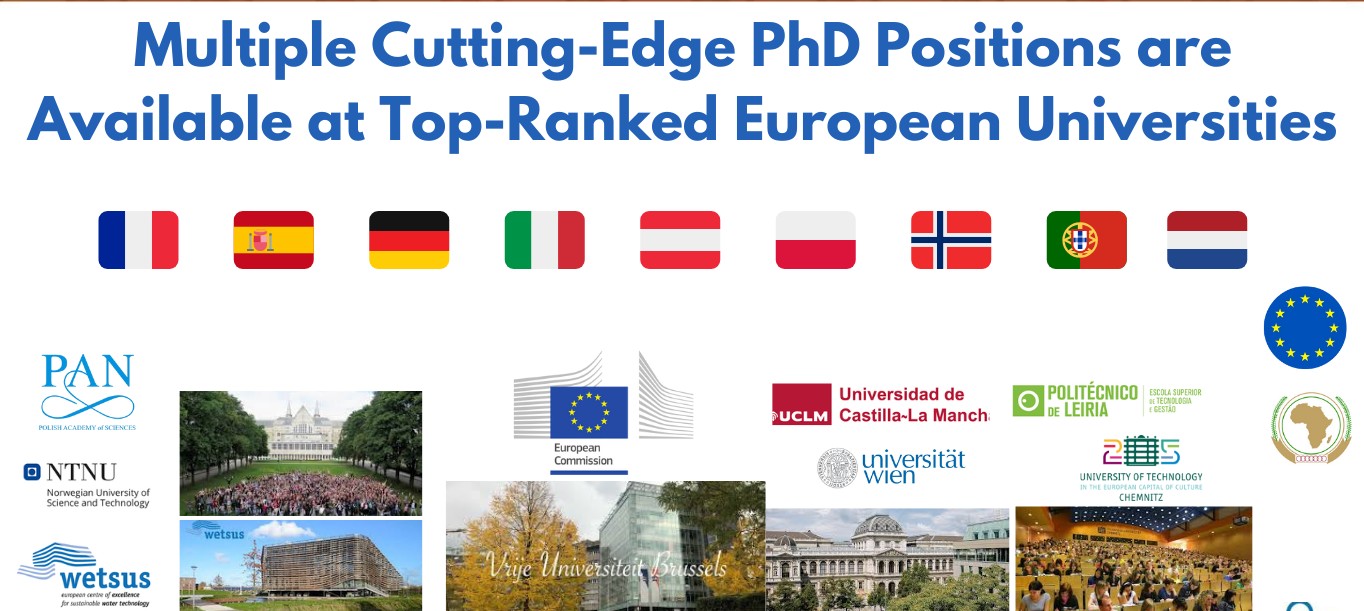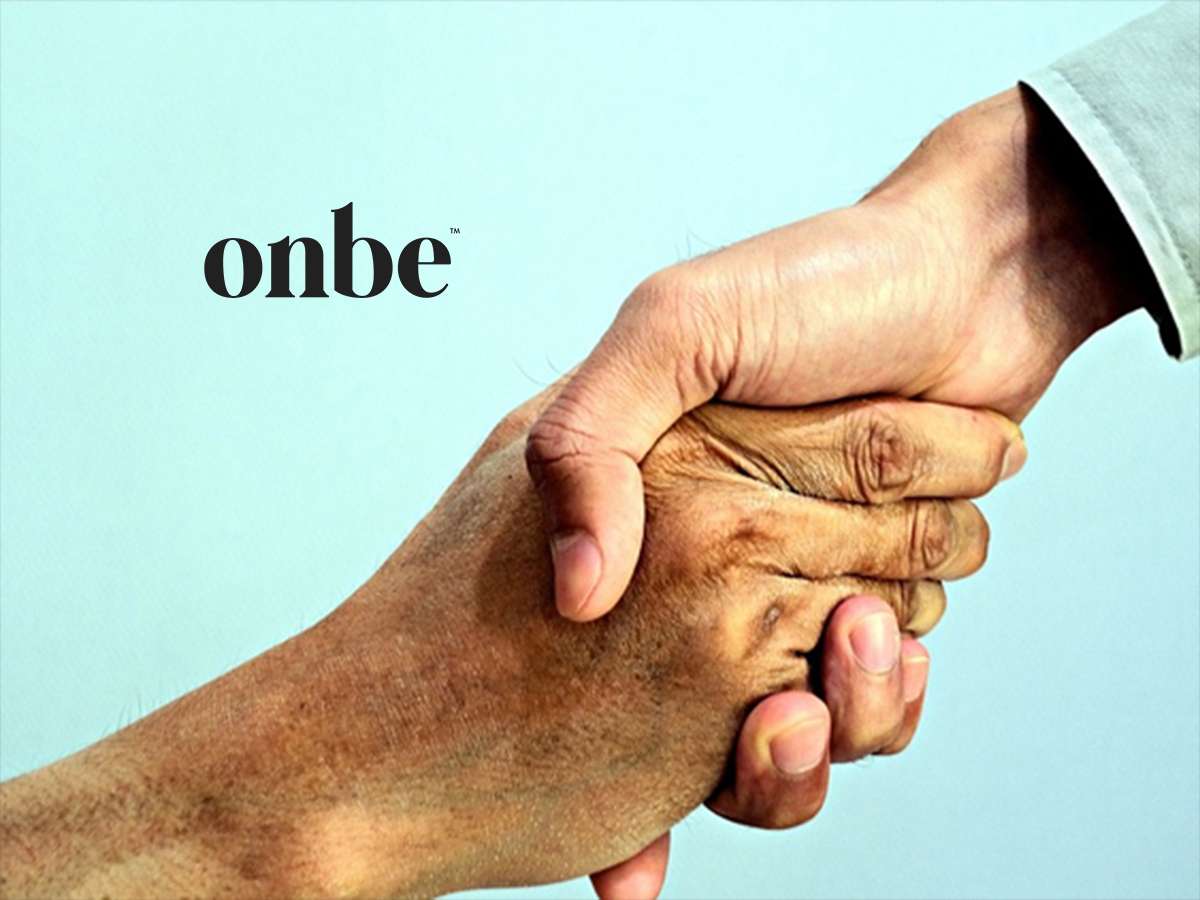In 2018 — seeing the figure through the ground — I used the Laws of Media developed by Marshall and Eric McLuhan to examine the impact of social media. McLuhan’s Laws state that every medium (technology) used by people has four effects. Every medium extends a human property, obsolesces the previous medium (& often makes it a luxury good), retrieves a much older medium, and reverses its properties when pushed to its limits. These four aspects are known as the media tetrad.
This image was the resulting tetrad.
I finished the post with these questions.
- How can we educate people to extend their voice to help themselves and make for a better civil society?
- How can we provide time and space for everyone to be offline, so it is not just a luxury for the rich?
- How can we reinforce the good aspects of tribes (e.g. extended families, cooperatives, etc.) while countering their ill effects such as online propaganda?
- How can we ensure that online orthodoxy does not throttle public debate and inquiry, which is one of the treasures we inherited from the Enlightenment?
Over six years later and ridiculously easy group-forming is mostly available on corporate-owned platforms that spy on us and feed us garbage. Our voices are shouted down by the algorithms. Offline is definitely a luxury, especially for those owning private jets so they can hang out with other rich people around the world. Tribalism, in the form of MAGA and convoy conspirators, is making society vulnerable to disinformation like anti-vaccination lies and anti-immigrant sentiments. The narrowing of public thought is happening. Speaking out against the genocide in Gaza can lead to job loss or professional ostracism. Let’s face it, the McLuhan’s were right. The medium is the message and we are living in it.
Cory Doctorow summarizes our current situation with social media platforms
These are the two factors that make services terrible: captive users, and no constraints. If your users can’t leave, and if you face no consequences for making them miserable (not solely their departure to a competitor, but also fines, criminal charges, worker revolts, and guerrilla warfare with interoperators), then you have the means, motive and opportunity to turn your service into a giant pile of shit.” —2025-01-20
So how can we get an online commons back? Doctorow again gives us some suggestions.
Last week, I endorsed a project called Free Our Feeds, whose goals include hacking some fire exits into Bluesky by force majeure – that is, independently standing up an alternative Bluesky server that people can retreat to if Bluesky management changes, or has a change of heart …
I believe strongly in improving the Fediverse, and I believe in adding the long-overdue federation to Bluesky. That’s because my goal isn’t the success of the Fediverse – it’s the defeat of enshittification. My answer to “why spend money fixing Bluesky?” is “why leave 20 million people at risk of enshittification when we could not only make them safe, but also create the toolchain to allow many, many organizations to operate a whole federation of Bluesky servers?” If you care about a better internet – and not just the Fediverse – then you should share this goal, too. —2025-01-20
The Fediverse is a covenant, not a platform. Mastodon is an open protocol and anyone can put up a server and connect to a federated network of hosts using the protocol. It’s like the early years of blogging where we just connected with each other, using whatever blogging tools worked for each of us. Conversations about this are happening on Mastodon. Join me there — @harold.




















